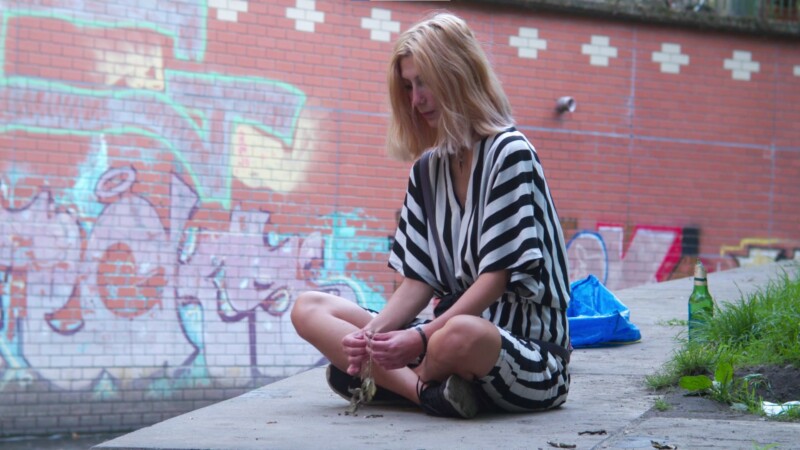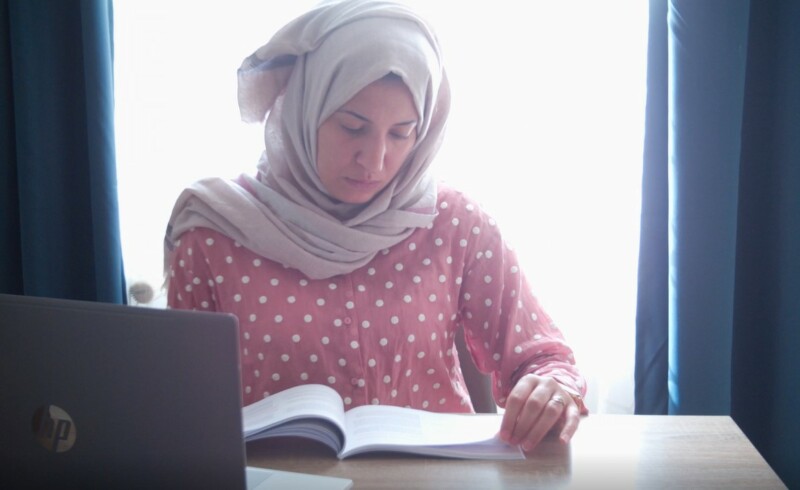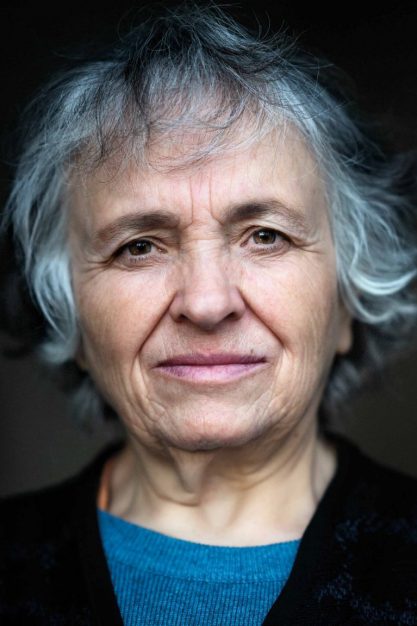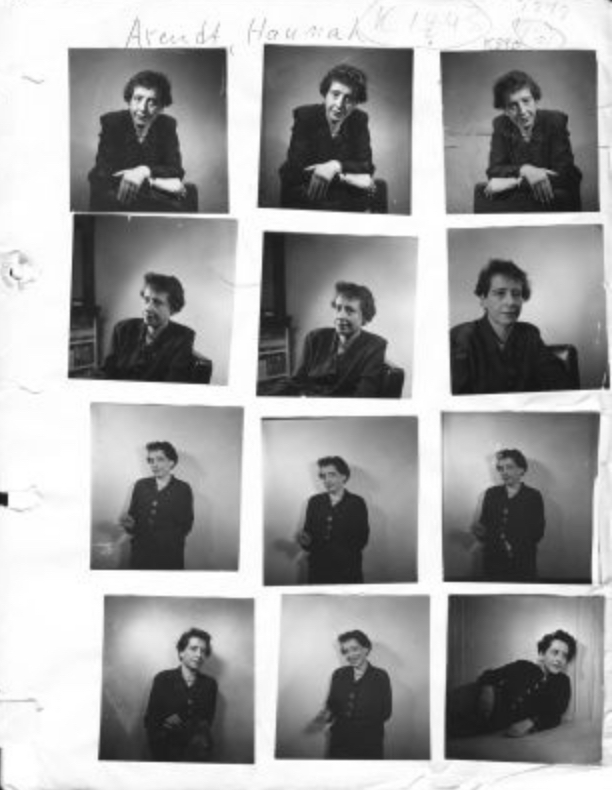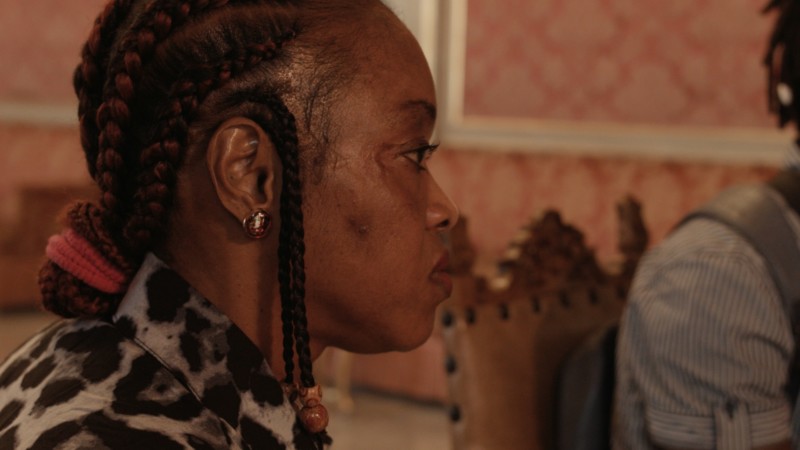I have been volunteering at Johannesstift in Spandau for two months. I can learn German there. That is very nice.
In the morning there is breakfast and coffee. Then I make lunch together with other people. Macarona or rice or sweets. I help people with the food. They are old people, people with problems or people with disabilities.
I enjoy the work very much. Because I am a woman. I am a woman. I am a mother. I always help my daughter or my son, so it’s normal for me.
And people are happy when I come. And I wear headscarf. But that is not a problem. But there are other people for example in the train or in the bus. No people sit with me because I wear headscarf. They don’t say good words. But with my work in the association, no problem. I think because these people need help, it’s not a problem.
M. fled to Germany via Turkey. She lived in Turkey with her two daughters for two years. In 2018, she followed her husband to Germany. Since then, she has been living with her family in Berlin.
M. worked as a biology teacher in Iraq. In order to be able to work as a teacher in Berlin as well, she is currently learning German at university.
The interview was conducted and analysed by Laura-Sophie Hauser as part of a cooperation between Freie Universität Berlin and the We Refugees Archive.
Under the supervision of Prof. Schirin Amir-Moazami, students in the seminar “Narratives of Refugees in the Light of Border Regime Studies” (winter term 2020/21) worked on critical methods of qualitative social research as well as literary and scientific texts on the topic of border regimes.
Border regime studies primarily focus on the political, economic and legal conditions that produce migration and borders as social phenomena in the first place.
In cooperation with the We Refugees Archive, the seminar participants conducted interviews with refugees about their everyday experiences in Germany or wrote articles on the common topics of the seminar and the archive.
